Nokia ditches Symbian for Windows Phone 7
Nokia does as expected and moves over to Windows Mobile as a significant shift in strategy is initiated.
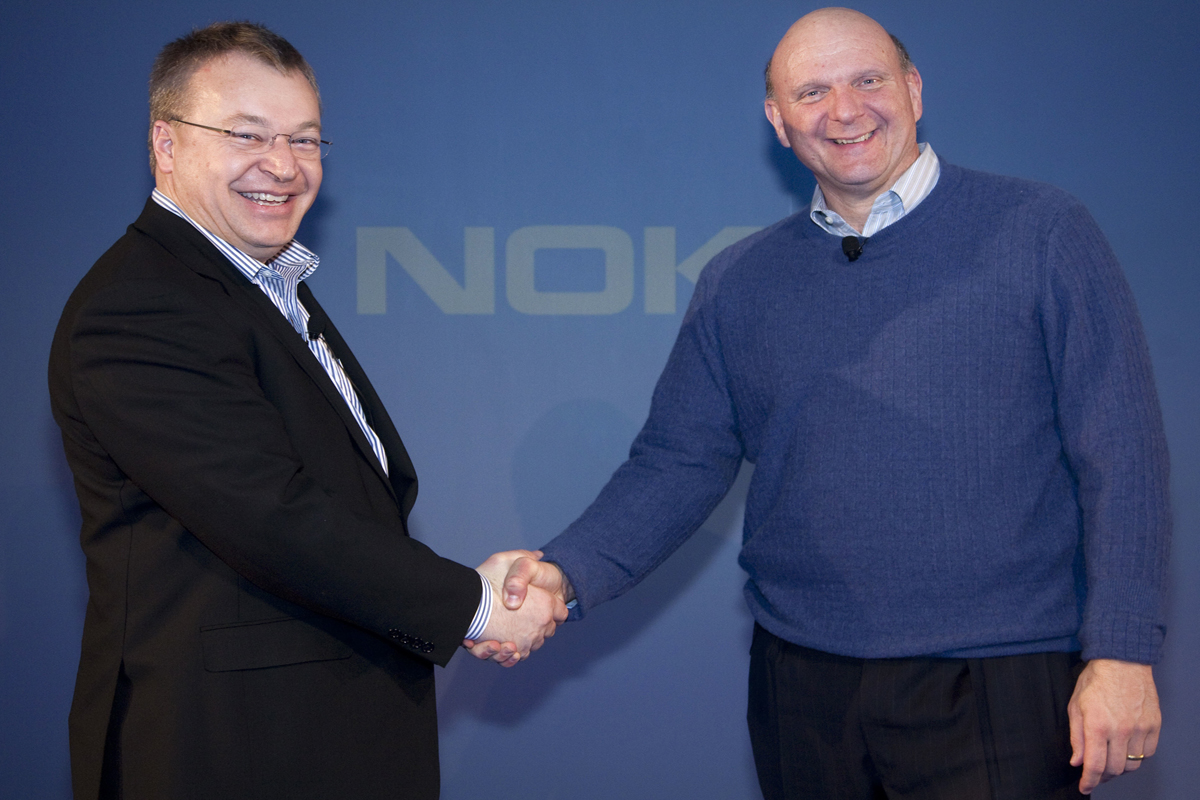

Nokia has decided to adopt Microsoft's Windows Phone 7 as its chief platform.
This means Symbian will no longer be the main OS running on Nokia devices.
Symbian will now become a "franchise platform" and Nokia believes it will sell another 150 million Symbian devices in the coming years.
Steve Ballmer, chief executive (CEO) of Microsoft, revealed the partnership had already started work on developing a Windows-based Nokia device.
There was no confirmation of what that device would be or when it would hit the shelves.
Stephen Elop, CEO of Nokia, said the pair will unite to create some groundbreaking mobile technology.
"We have the opportunity to disrupt the trajectory in the battle of the ecosystems," Elop said.
Get the ITPro daily newsletter
Sign up today and you will receive a free copy of our Future Focus 2025 report - the leading guidance on AI, cybersecurity and other IT challenges as per 700+ senior executives
"We also think this is good for Microsoft, they too can play a leading role in creating a new ecosystem."
As for MeeGo, Nokia still plans to push out a phone based on the operating system before the end of 2011.
However, MeeGo has now become an open source OS project and more of an experiment to learn about what the future holds for mobile software, Elop said.
"We'll try and anticipate what the next change is in the mobile ecosystem."
Further reorganisation
It will come as no surprise that Elop has made some more changes at the top of Nokia, after his memo warning the company was atop a "burning platform."
Alberto Torres has stepped down from the management team in his role as vice president for MeeGo Computers.
Elsewhere, Elop has organised the company into two distinct units: Smart Devices and Mobile Phones.
Jo Harlow, currently senior vice president for marketing at Nokia Mobile Phones, will head the Smart Devices division and will be responsible for creating the Nokia Windows Phone portfolio.
Mary McDowell, currently executive vice president in charge of Nokia's Mobile Phones unit, will head up the mobile segment, with which Nokia will hope to help connect people in developing countries.
Talking about the company reshuffle, Elop admitted there will be "substantial reductions in employment" across the world.
"We do not have numbers, but we are working very hard to understand that," the Elop said.
Despite the fact Elop, McDowell and Harlow all come from outside of Finland, the CEO stressed the importance of the country to Nokia's future.
There have been rumours of Nokia drastically reducing operations in Finland and upping activity in the US.
"Let me make a really important statement Nokia is first and foremost a Finnish company," he added.
"Finland is our home and it will remain our home. More than anything else, make Nokia a success for Finland."
The announcements come after a turbulent few months for the Finnish manufacturer, which culminated in the leak of an Elop memo warning the company was standing on a "burning platform."
"We have been on a complex journey but we are traveling on a path forward," Elop added.
Tom Brewster is currently an associate editor at Forbes and an award-winning journalist who covers cyber security, surveillance, and privacy. Starting his career at ITPro as a staff writer and working up to a senior staff writer role, Tom has been covering the tech industry for more than ten years and is considered one of the leading journalists in his specialism.
He is a proud alum of the University of Sheffield where he secured an undergraduate degree in English Literature before undertaking a certification from General Assembly in web development.
-
 Should AI PCs be part of your next hardware refresh?
Should AI PCs be part of your next hardware refresh?AI PCs are fast becoming a business staple and a surefire way to future-proof your business
By Bobby Hellard
-
 Westcon-Comstor and Vectra AI launch brace of new channel initiatives
Westcon-Comstor and Vectra AI launch brace of new channel initiativesNews Westcon-Comstor and Vectra AI have announced the launch of two new channel growth initiatives focused on the managed security service provider (MSSP) space and AWS Marketplace.
By Daniel Todd
-
 Nokia hails success of Europe’s first commercial 5G cloud RAN deployment
Nokia hails success of Europe’s first commercial 5G cloud RAN deploymentNews Elise says its 5G cloud network puts it in a strong position during a move towards 6G
By Emma Woollacott
-
 Kyndryl and Nokia extend partnership to drive data center networking gains
Kyndryl and Nokia extend partnership to drive data center networking gainsNews The companies plan to offer more data center networking options aimed at enterprise customers
By Emma Woollacott
-
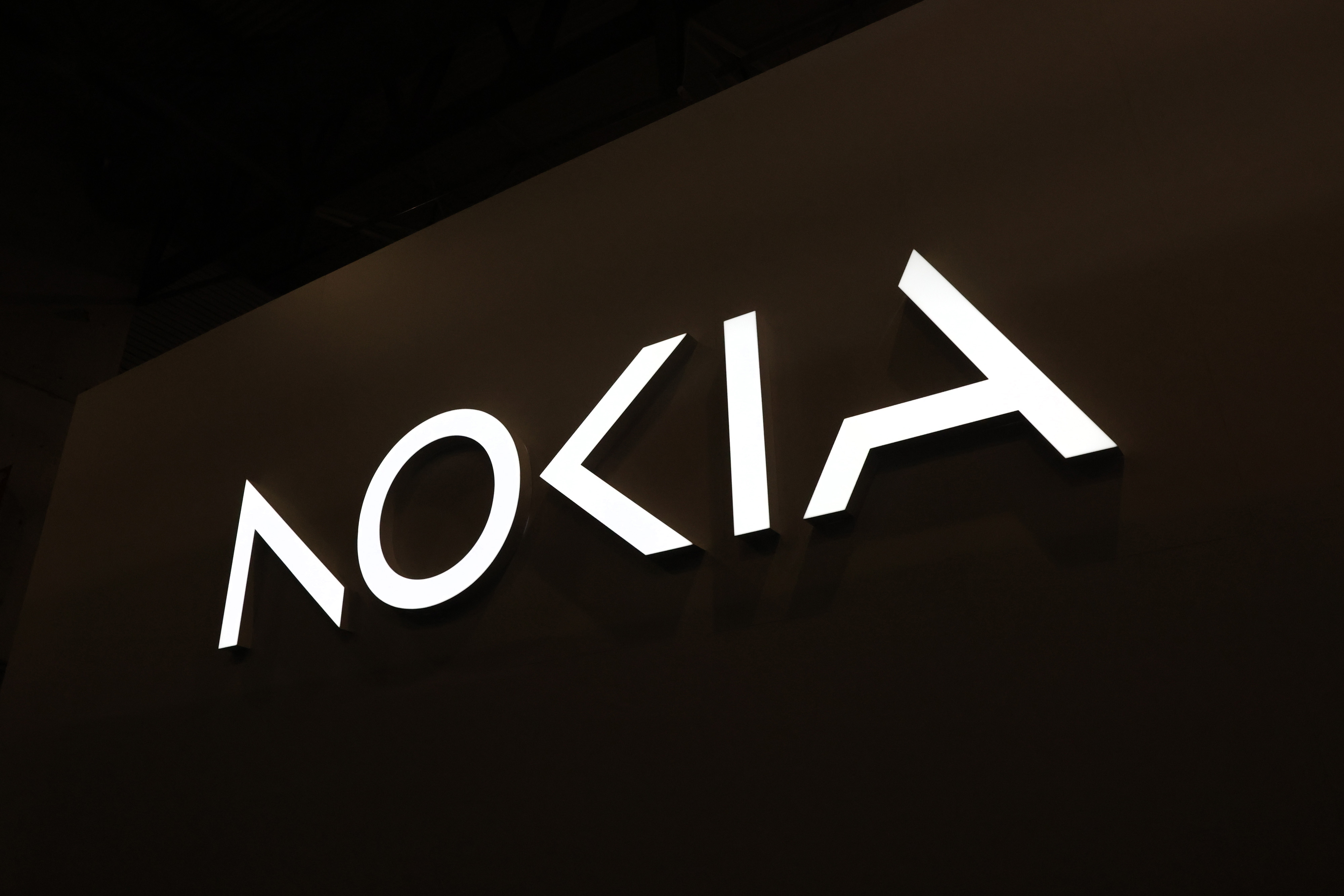 Dell and Nokia expand strategic partnership to drive network cloud transformation
Dell and Nokia expand strategic partnership to drive network cloud transformationNews The companies will leverage each other’s expertise and distribution to scale telecom networks and private 5G use cases
By Daniel Todd
-
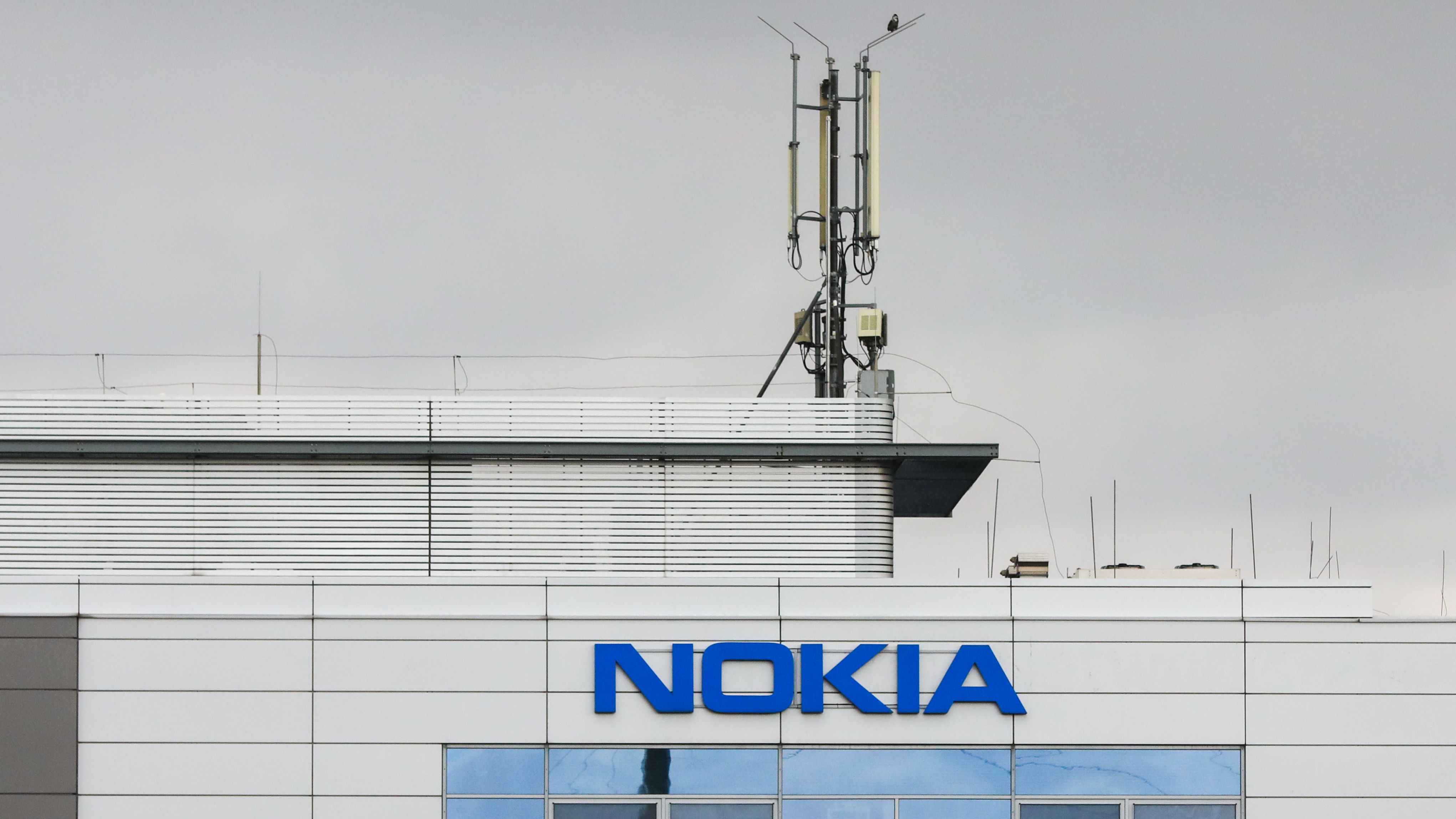 Nokia and Google score breakthrough in Android 13 network slicing
Nokia and Google score breakthrough in Android 13 network slicingNews Nokia's solution will allow devices to connect to multiple network slices simultaneously, provided by existing 4G and 5G operators
By Rory Bathgate
-
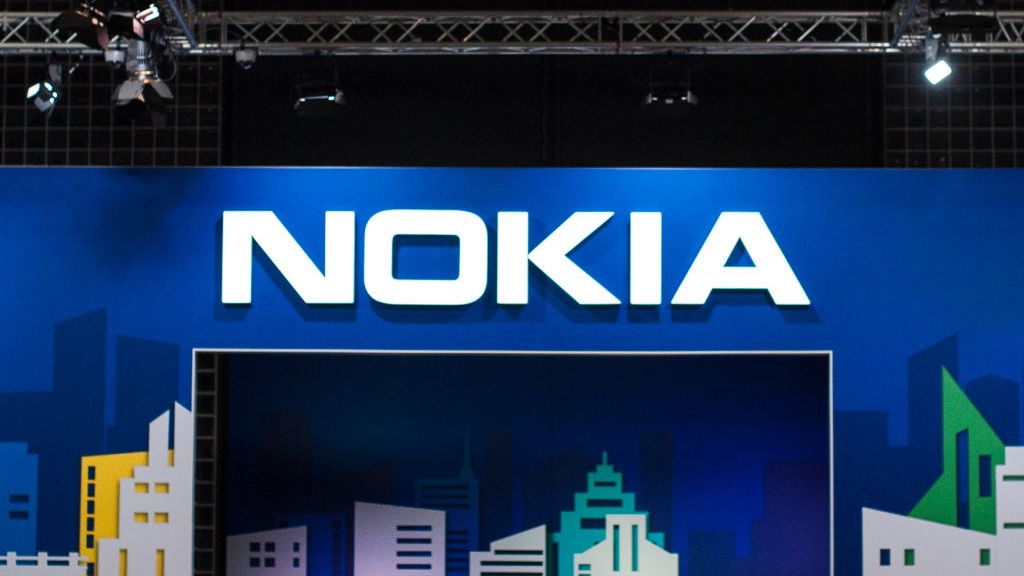 Nokia wins Indosat contract to expand 5G across Indonesia
Nokia wins Indosat contract to expand 5G across IndonesiaNews The deal will bring next-gen communication technology to customers across a 1.4 million square kilometre area
By Praharsha Anand
-
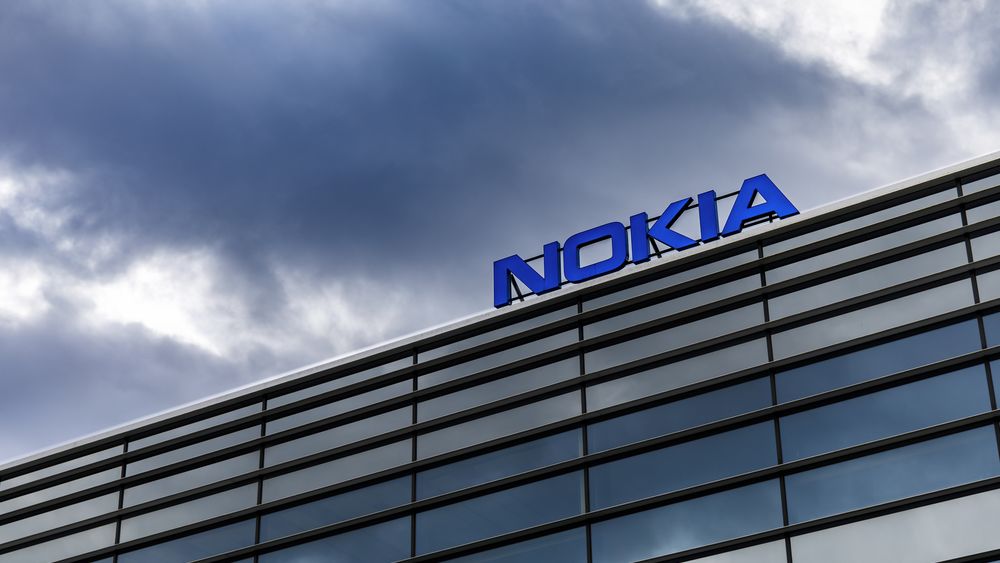 Nokia and Ligado partner on 4G, 5G enterprise private network
Nokia and Ligado partner on 4G, 5G enterprise private networkNews Nokia will leverage Ligado’s Band 24 spectrum to reach the US enterprise market
By Praharsha Anand
-
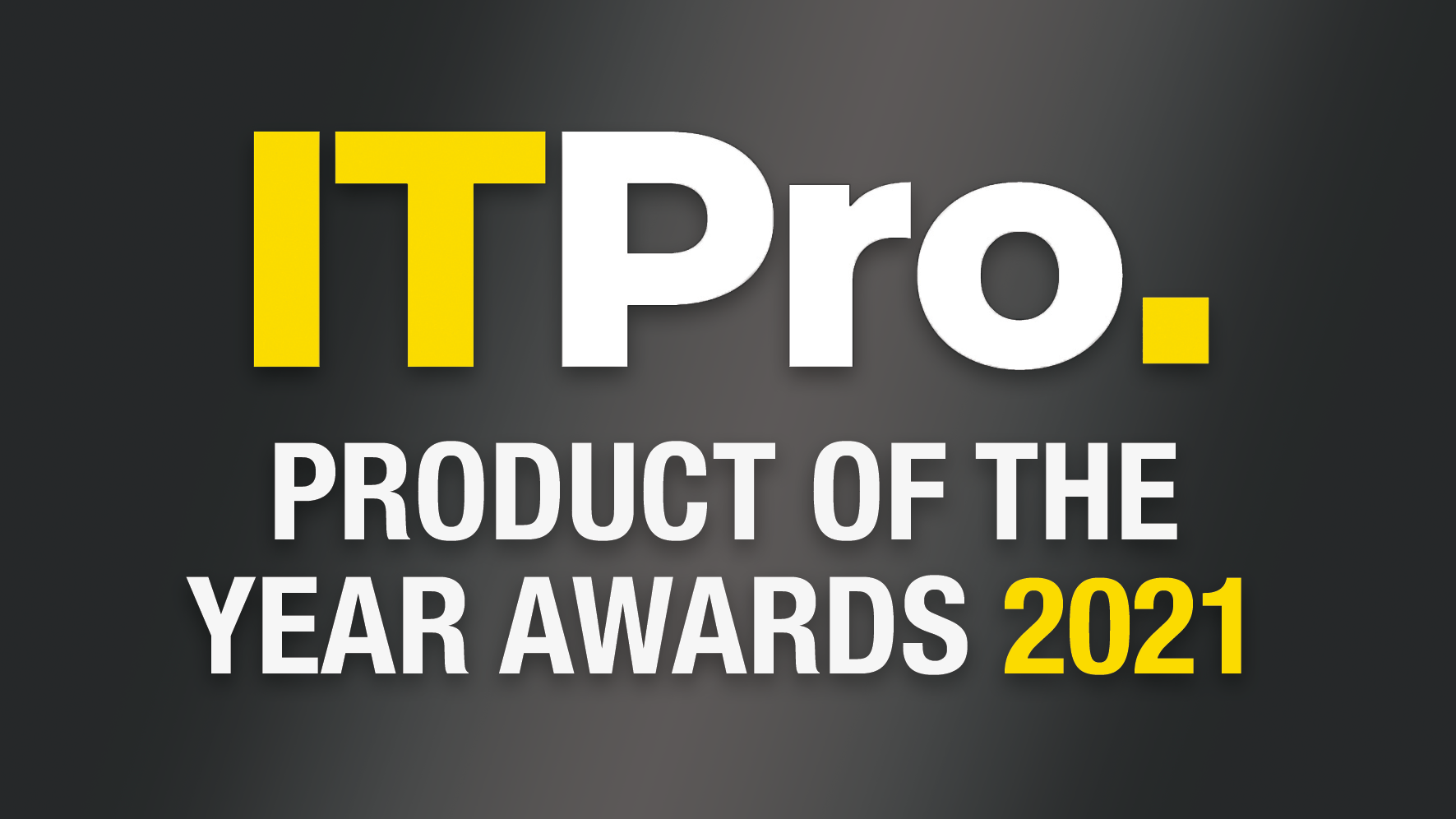 The IT Pro Products of the Year 2021: The year’s best hardware and software
The IT Pro Products of the Year 2021: The year’s best hardware and softwareBest Our pick of the best products from the past 12 months
By IT Pro
-
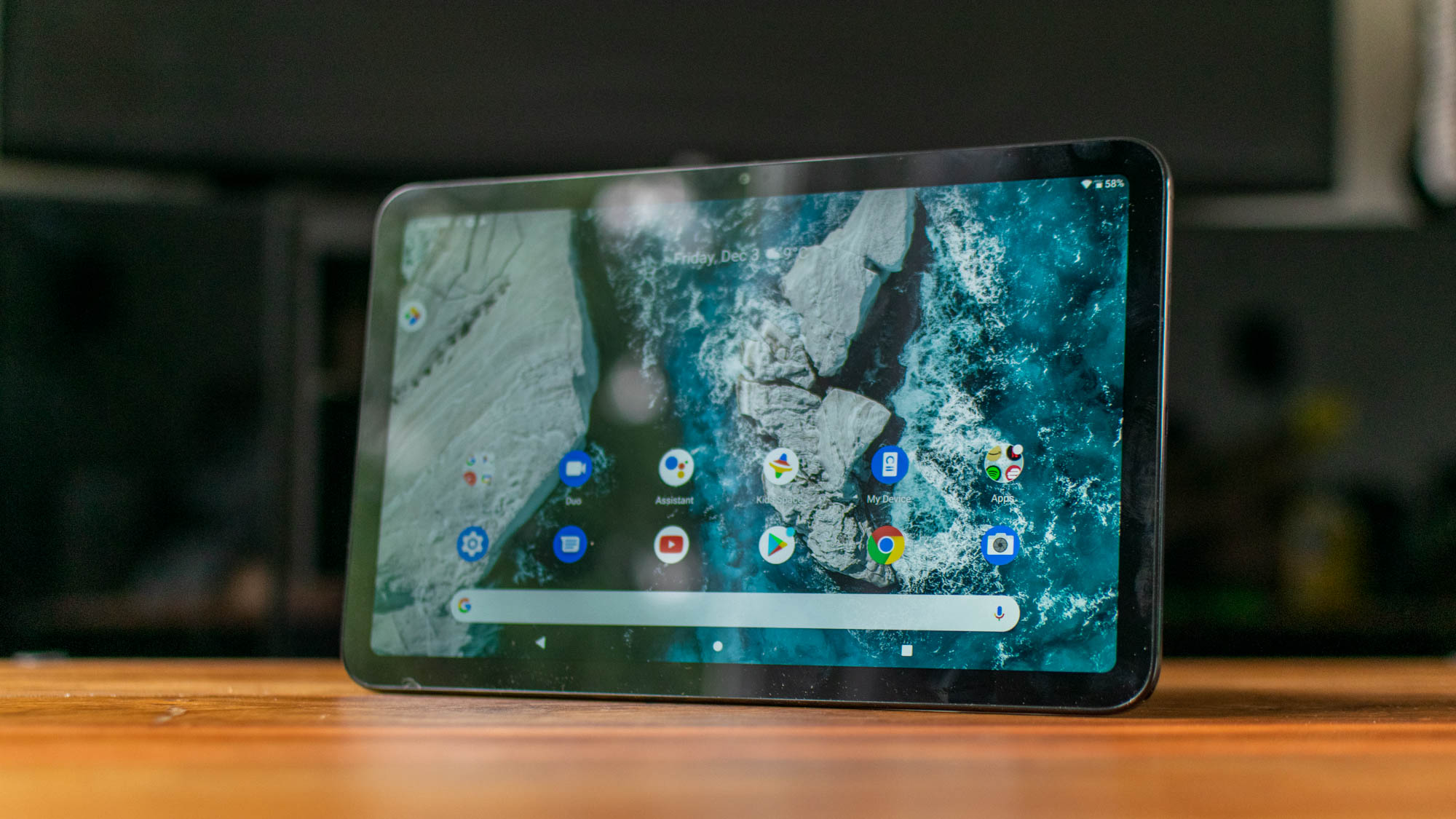
 Nokia T20 review: A simple, sturdy Android tablet at an SMB-friendly price
Nokia T20 review: A simple, sturdy Android tablet at an SMB-friendly priceReviews It’s not as luxurious as an iPad, but the T20 makes a fine, functional tablet for business
By Darien Graham-Smith